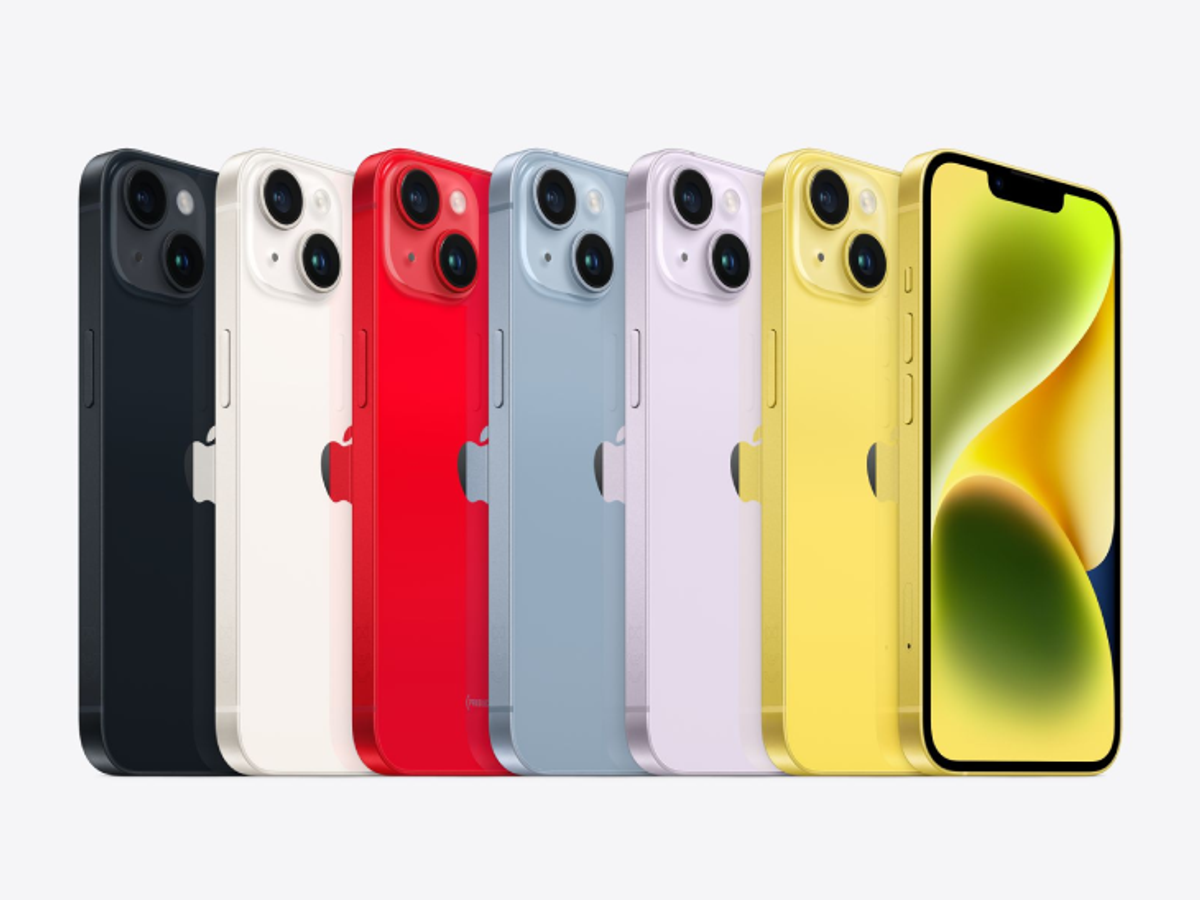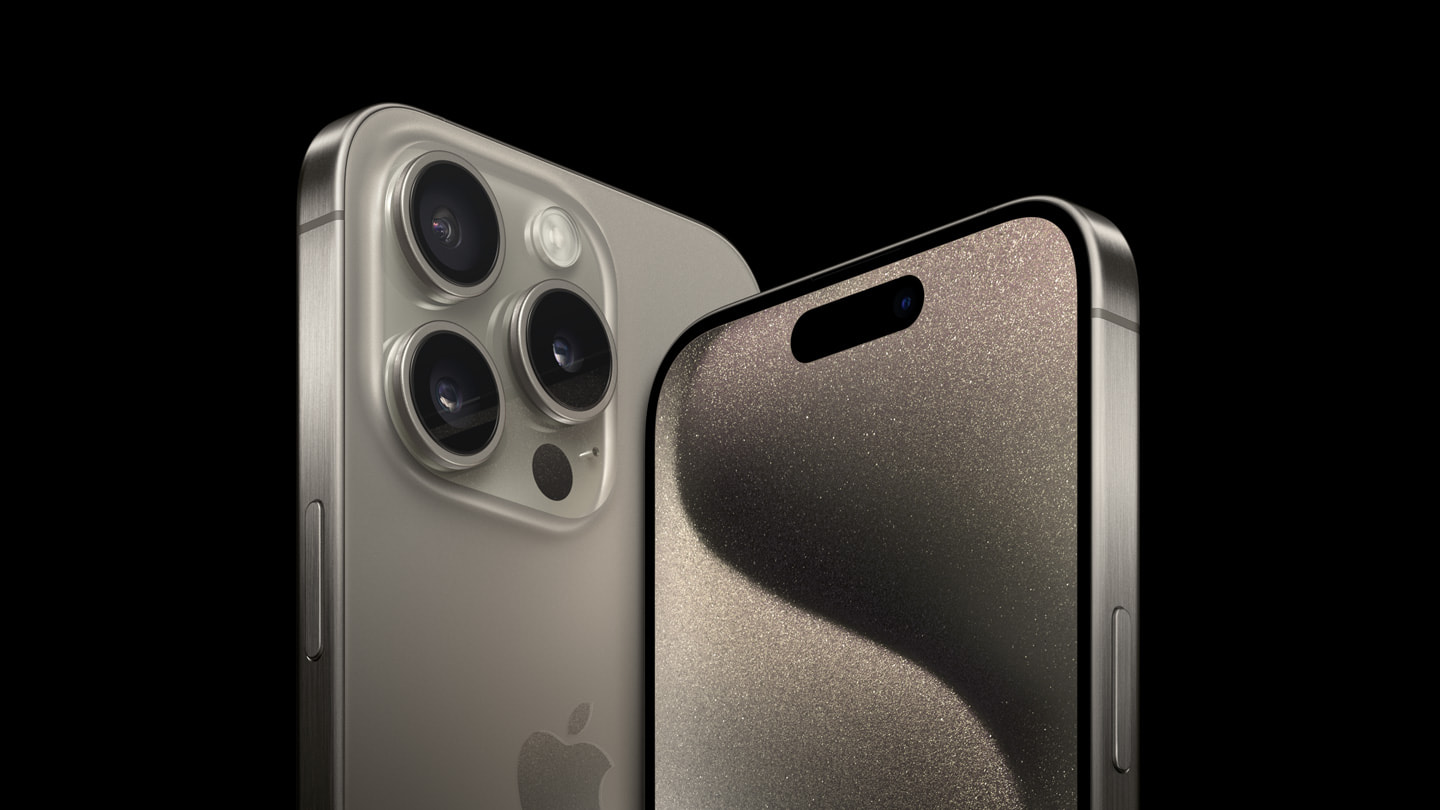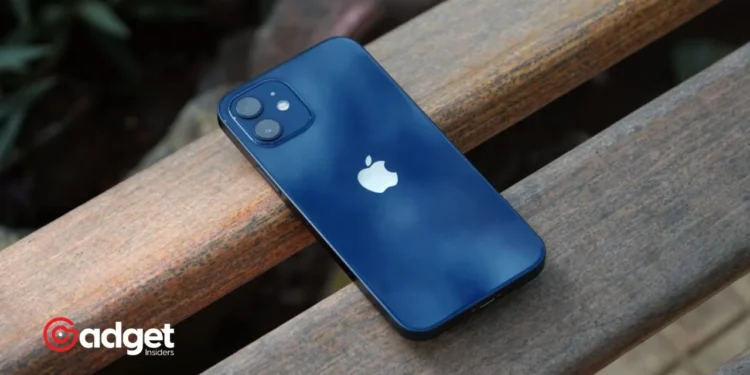In what has become a startling disclosure for the tech giant Apple known for its sleek devices and environmental commitments, nearly 100,000 iPhones, originally designated for shredding, found their way to the Chinese second-hand market. This incident not only sparked a legal battle but also raised significant questions about the ethics and sustainability practices at Apple.

The Great iPhone Heist
The saga began when Apple, aiming to manage its older inventory, hired a contractor named GEEP to destroy over a quarter million devices annually as part of their recycling program.
This program was designed to prevent perfectly good electronics from flooding the market, potentially affecting the sales of newer models.
The shocking twist came when an audit by the company revealed that nearly 100,000 iPhones, instead of being scrapped, were shipped off to China and sold on the used market. This breach led Apple to file a lawsuit against GEEP for contract violations.

As Bloomberg reports, Apple’s decision to potentially drop the lawsuit suggests a reluctance to publicly acknowledge the contradiction between its environmental rhetoric and the reality of shredding usable devices.
This action starkly contrasts with the company’s public image, which promotes sustainability and a reduced carbon footprint.
The Impact on Apple’s Green Image
The incident has provoked outcry and criticism from environmental advocates and industry observers. Notably, in 2020, the same year the lawsuit was filed, Apple had committed to achieving 100% carbon neutrality across its product life cycle by 2030.
The company’s environmental report from that period highlighted reuse as its “first choice,” making the revelation of the shredding all the more contradictory and damaging.

Despite these criticisms, an Apple spokesperson noted that their approach to electronics recycling has evolved significantly since the lawsuit.
The introduction of a new recycling robot named Daisy, which was meant to be a more efficient successor to their first robot Liam, was part of these changes. However, the effectiveness and genuine intent behind these robotic innovations have been questioned.
Apple is bragging about its “free” iPhone recycling program—you can trade your device for a discount on a new iPhone, or they’ll recycle it for you. The kicker: plenty of other recyclers would do it for free anyway.
Learn more below. https://t.co/0ai1pqR4Ej
— #iFixit pic.twitter.com/qGCMWEOnvG— iFixit (@iFixit) April 18, 2024
A Closer Look at Industry Practices
The controversy also sheds light on the broader industry practices where other tech companies might be engaging in similar activities. Reports from employees at Re-Teck, another recycling partner of Apple, suggested that even devices like AirPods and Macs, which appeared to be in good condition, were deliberately destroyed.
This method of handling surplus or old stock reveals a troubling aspect of the tech industry’s approach to environmental management.
Kyle Wiens, co-founder of iFixit, argued that shredding devices that could otherwise be repaired or used for parts should be considered illegal, reflecting a growing sentiment among tech repair advocates and environmentalists who push for more sustainable and ethical recycling methods.
A Call for Transparency and Change
The revelations about Apple’s handling of old but usable iPhones come at a time when the world is increasingly conscious of environmental sustainability and corporate responsibility. As Apple continues to navigate these controversies, the call for greater transparency and genuine commitment to its stated environmental goals grows louder.
It is clear that while technological advancements like Daisy represent progress, they must not be mere PR maneuvers but part of a larger, more honest effort to enhance sustainability and reduce waste in the tech industry.
The future of corporate responsibility in technology will depend significantly on how companies like Apple reconcile their business practices with their public commitments to the environment.










